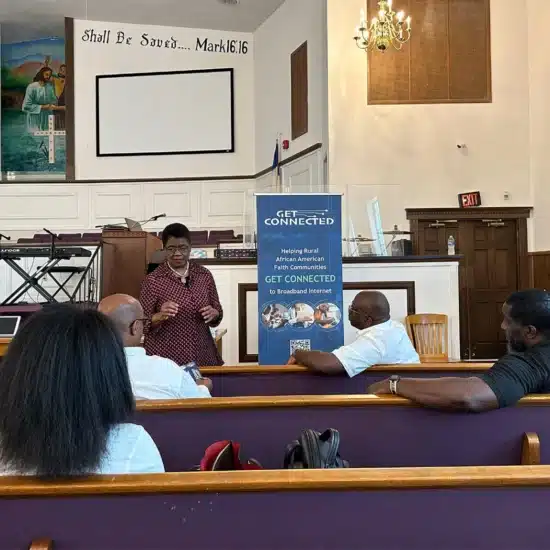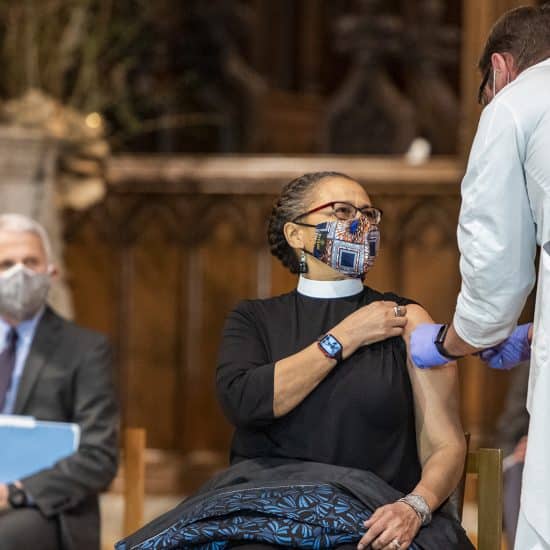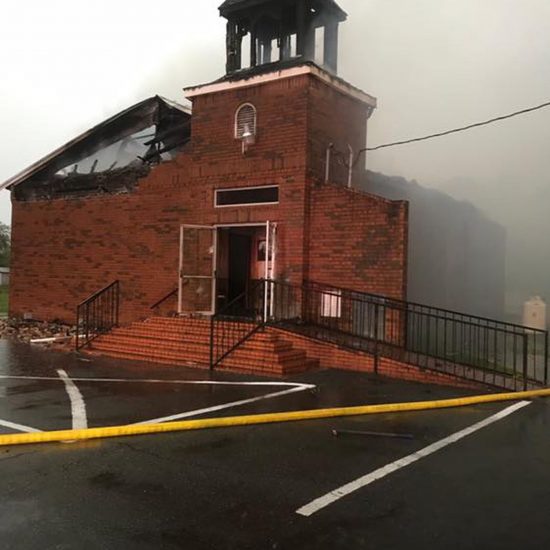When it comes to finances, bad things sometimes happen to good churches.
Natural disasters occur. So do instances of theft and vandalism. Local layoffs or a national economic downturn can affect giving drastically.

No caption submitted
|
Good stewardship demands churches prepare for financial challenges, said Sharon Blood and Robert Orr in a resource produced by the San Antonio-based Baptist Credit Union.
Preparation begins with periodic, ongoing teaching about stewardship, they noted.
"Consistent teaching and reminders give your congregation a renewed conviction and commitment to faith-based and God-led giving," they write.
Blood and Orr recommend every church set aside a portion of each week's donations for an emergency fund. A contingency fund not only can meet urgent needs, but also provides a congregation with resources to respond to unexpected opportunities, such as property next door to the church campus becoming available for purchase.
"Anticipate change, be building a fund for it, and don't run the risk of your congregation hitting that emotional brick wall when lack of preparation may mean significant delays of up to one to two years of preparation before coming back to the starting line," they write.
Churches also should evaluate financial obligations periodically and make adjustments when necessary, they advised. For instance, an economic downturn could provide a church the opportunity to refinance a loan to a lower rate.
Blood and Orr also suggest churches seek wise counsel when they evaluate financial needs. That could mean seeking advice from denominational consultants or making good use of lay members of the congregation who have financial expertise.
Keep in mind the church's unique status if a congregation decides to pursue a business loan, they recommend.
"Any ministry, defined as nonprofit, does not function like a commercial or retail business in our economy. It is governed by a whole different set of rules, regulations and tax laws," they note.
Blood and Orr recommend churches keep in mind several best practices, including:
• Keep all documents and records in order and up-to-date. If a church pursues a loan, it will need to present legal documents such as a constitution and bylaws show its incorporation as a nonprofit ministry. Titles, deeds, tax identification documents and a list of the current leaders or treasurer, board, deacons or responsible committee will be required. Also, be ready to present financial documents on business loans, bond programs or other financial agreements incumbent on the church.
• Maintain a consistent, unbroken history of the church's financials such as bank statements, annual approved budgets, regular minutes of meetings where financial decisions were made and implemented, preferably for three to five years.
• Periodically review and revise insurance documents for buildings, equipment, buses, vans or other church property to be sure they cover the current value of the property.
• Store all documents, records and meeting minutes in a safe place within the facility or off-site to make sure they are available in case of emergency.






